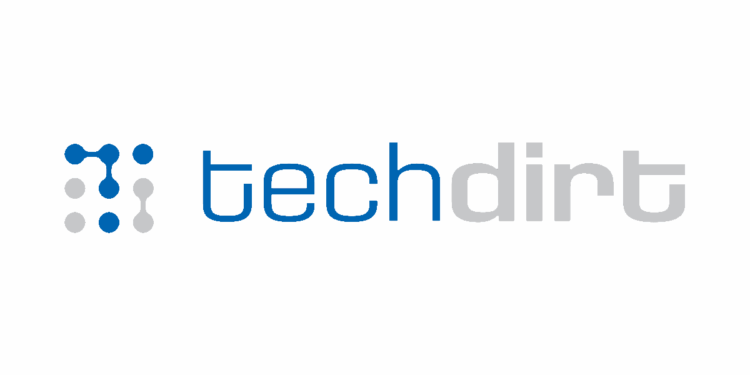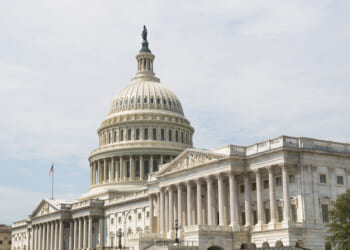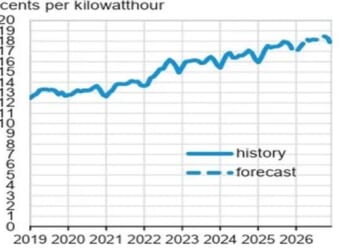from the land-of-make-believe dept
It’s not hyperbole to say that after decades of hard work and lobbying, companies like AT&T have effectively destroyed whatever was left of federal U.S. consumer protection and corporate oversight. It’s a “victory” that’s going to result in concussive harms that resonate for a generation.
Under Trump 2.0, the company has not only seen the complete lobotomizing of agencies like the FCC thanks to revolving door regulators like Brendan Carr, but a Trump-stocked court that makes it genuinely impossible to hold big companies like AT&T accountable for literally anything (see the 5th Circuit’s recent decision to nullify a fine against AT&T for spying on its customers and selling their location data).
With federal regulatory oversight dead and most states too overwhelmed or feckless to fill the void, AT&T’s now taking aim at the last vestiges of any sort of functional oversight: flimsy “self regulation” groups like the BBB National Programs’ National Advertising Review Board (NARB) and its BBB National Programs’ National Advertising Division (NAD) enforcement arm.
NARB and NAD are supposed to act as a way for companies to resolve disputes about misleading advertisements in house to forestall the complaints migrating over to the FTC and FCC (which again, no longer function under Trump). The organization will often give adorable wrist slaps to telecom companies that engage in things like lying about their competitors or advertising misleading promos.
Some times the actions will result in companies pulling misleading ads, but it’s usually long after the ads have been airing for a while and have had their intended impact.
For example, AT&T was recently criticized by NARB for airing ads that falsely promised everybody a new iPhone, when the actual promotion (more than a year old at this point) had all sorts of limits. You know, the sort of thing that’s super common in a country too corrupt to have functional regulators:
“In reality, the offer was only for AT&T customers on certain plans, excluding customers with low-cost plans. “The panel recommended AT&T modify its advertising to avoid conveying the message that everyone is eligible for AT&T’s free cell phone offer, or to clearly and conspicuously disclose that subscribers to value plans are not eligible or otherwise make clear the extent of plan eligibility,” the NARB announcement said.”
Now to be clear, companies can basically ignore NARB and NAD without any real consequence. Because again, these organizations were was long-ago designed by companies for companies, to create the illusion that companies like AT&T, Verizon, and T-Mobile are capable of regulating themselves without serious federal or state government oversight (spoiler: they can’t).
But AT&T, fresh off basically destroying federal governance, is apparently feeling cocky. So they also decided recently to sue the BBB National Programs after the organization complained that AT&T couldn’t use NARB rulings in their advertisements maligning other companies. At the same time, AT&T basically admits the whole process is a pantomime of serious oversight:
“AT&T also slammed the NAD for failing to rein in T-Mobile’s deceptive ads. The group’s slow process let T-Mobile air deceptive advertisements without meaningful consequences, and the “NAD has repeatedly failed to refer continued violations to the FTC,” AT&T said.”
Again that’s… ironic, given that companies like AT&T specifically built NAD and NARB to give the illusion that federal oversight isn’t necessary. It’s basically the flimsiest veneer of functional oversight specifically built to pre-empt real government oversight, and even that’s a bridge too far for the fine folks at AT&T.
Filed Under: consumer protection, fcc, free iphone, ftc, misleading, oversight, regulation, scams, telecom
Companies: at&t, bbb, nad, narb











